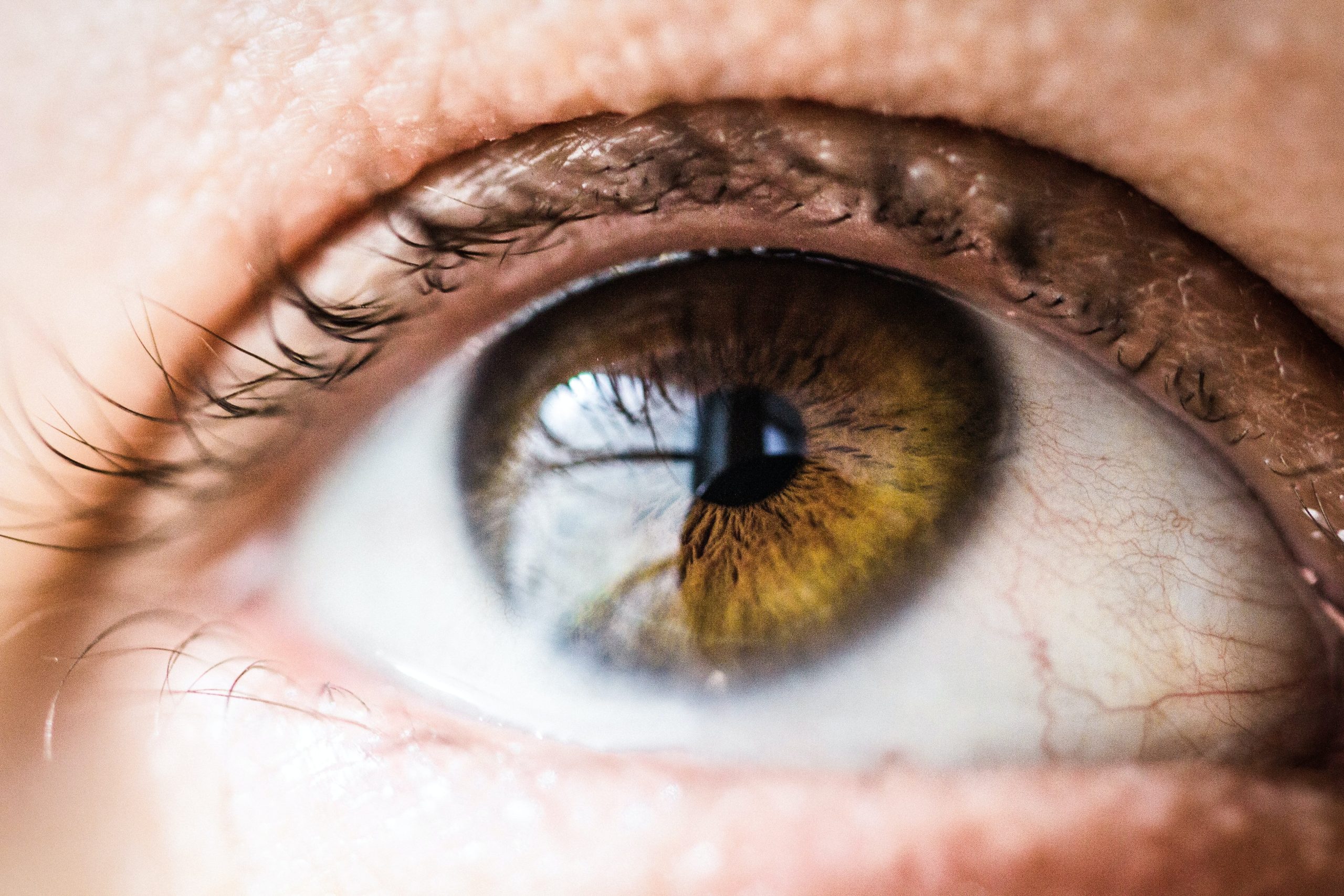Introduction to Schizophrenia
Mental illness represents a intricate and commonly misunderstood psychiatric disorder which impacts millions of people globally. That is an ongoing condition which can greatly affect an individual’s cognition, feelings, and actions. Regrettably, because of its intricacy, schizophrenia frequently shrouded in myths and biases. This results in false beliefs and prejudice. Within this piece, we strive to offer an correct interpretation regarding schizophrenia. During our journey, we will expose general misunderstandings and biased beliefs.
Popular Fallacies and Biases related to Schizophrenia
In contrast to common misconception, people with schizophrenia are not a seldom affliction. Actually, it impacts around 1% among the global population. This can happen in people from every walk of living. Irrespective of age, the gender of people, their cultural origins. Moreover, it is crucial to eliminate the mistaken idea that those with schizophrenia pose a inherent threat. Although it is true that certain individuals suffering from untreated schizophrenia might encounter behavioral disruptions, most individuals affected by this condition are prone to being victims of violent acts rather than being the offenders.

Getting a grasp of the Manifestations and Diagnosis related to Schizophrenia
Mental illness is marked by various symptoms that can change in the extent and length. Some of the most common symptoms include:
Hallucinations: This is sensory experiences that manifest without the presence of stimuli coming from outside. It can include receiving auditory stimuli, experiencing visual hallucinations, or perceiving sensations without any factual foundation.
Delusions: Illusions are inaccurate beliefs that endure regardless of evidence to the contrary view. Schizophrenic individuals can have grandiose beliefs, feelings of paranoia, or being persecuted.
Disorganized thinking: Schizophrenia may disturb an individual’s cognitive processes, causing jumbled speech and struggles to convey cohesive concepts. Nevertheless, through appropriate therapy and assistance, people diagnosed with schizophrenia are able to control their condition’s manifestations and advance their skill to communicate successfully.
Impaired social functioning: Individuals diagnosed with schizophrenia frequently find it difficult to maintain relationships, join social functions, and accomplish routine responsibilities owing to cognitive and emotional deficiencies. These limitations can profoundly alter their skill to connect with others and be involved in various social environments.
In order to receive a diagnosis for schizophrenia, a psychiatrist takes into account the manifestation of these symptoms, the period of time they endure, and how they affect daily functioning. It is vital to recall that a detailed examination is crucial. Alternative circumstances could manifest displaying alike indications.
Productive Remedies and Help for Psychotic Disorders
Even though there exists no remedy for individuals with schizophrenia, multiple therapies and assistance choices are accessible to aid individuals in managing their symptoms and boost their quality of life. These therapies and assistance choices may involve drugs, psychological treatment, and social support initiatives. These may include:
Medication: Psychotropic drugs are commonly recommended to handle symptoms including hallucinations and distorted thoughts. These drugs function by adjusting neurotransmitter levels and lessening the intensity of signs.
Therapy: Talk therapy, like cognitive-behavioral therapy (CBT), can support individuals in building coping strategies, boost social skills, and elevate overall functioning. Moreover, it offers an secure and encouraging atmosphere for individuals to examine their ideas and feelings.
Mental health interventions emphasize offering practical help and aid for daily activities, learning, work, and accommodation. The interventions strive to promote the overall happiness of individuals. Their aim is to to boost individual freedom and community inclusion.
Assistance groups have the potential to an important role in handling psychosis. Constructing a solid network of support, which includes family, close companions, and groups providing support, is crucial. This offers mental assistance, comprehension, and a feeling of inclusion.
Conclusion
Mental illness like schizophrenia is a challenging mental illness that merits precise comprehension, understanding, and encouragement. Through dispelling false beliefs and misconceptions, we are capable of building a caring and diverse social environment for individuals diagnosed with schizophrenia. It is crucial to learn, spread awareness, and confront the discrimination related to this illness. In this way, it is possible to guarantee that people diagnosed with schizophrenia get the needed treatment, aid, and prospects they necessitate to have fulfilling existences.










